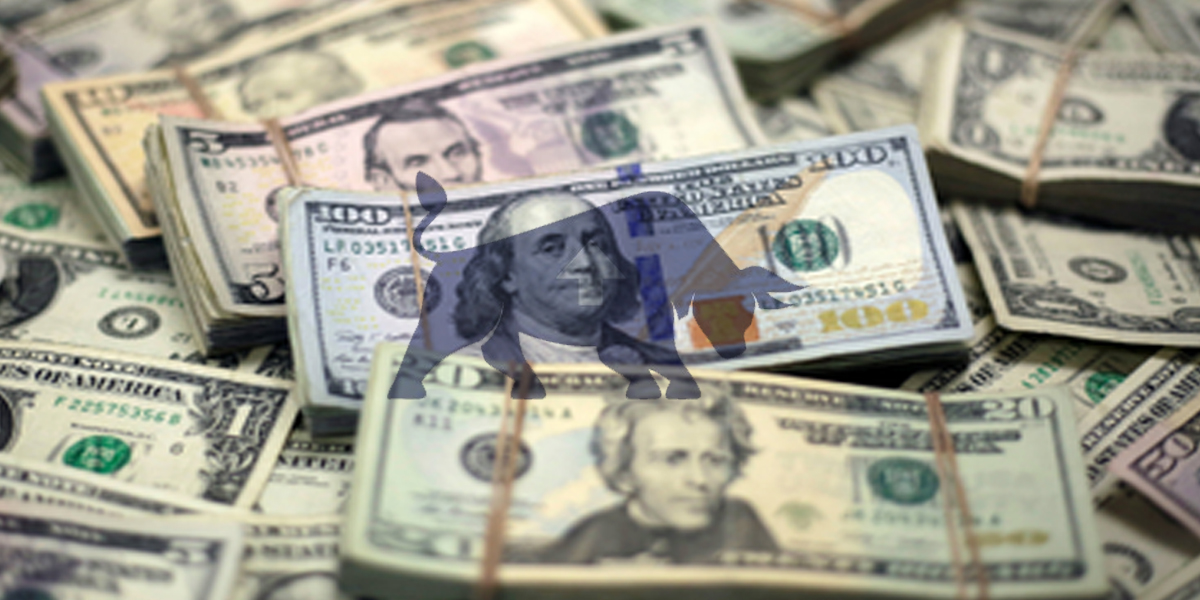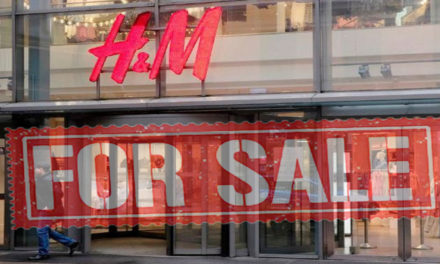In recent weeks, the US dollar has rallied to record highs. But while this may seem like good news, a strong dollar could have a serious impact not only on the American economy but on global economics, as well.
Three Key Factors
According to Kristina Hooper, chief global market strategist at Invesco, there are three factors contributing to the US currency’s strong performance in today’s markets. These are growth, rates, and the way the dollar has become a sort of refuge – a safe haven, as it were – during difficult times.
Growth, but more specifically growth expectations in parallel with those of other nations, is one such factor. Indeed, current conditions notwithstanding, the United States economy is in surprisingly better shape than that of other countries. This means that its currency is in a better position for growth than most.
Rates are the second factor involved, specifically the inflation rate. The current rate hike cycle being implemented by the Federal Reserve and the hawkish rhetoric used by its officials to describe its actions have contributed significantly to the dollar’s latest meteoric rise.
Finally, the US dollar’s unique “safe haven” status also had a role to play in its recent growth. As Hooper puts it, the US dollar becomes an economic refuge of sorts during times of instability and uncertainty. When this happens, its value grows exponentially.
Implications for a Looming Recession
With the specter of a recession hovering over the country, what would a strong dollar mean for ordinary Americans?
For one thing, a stronger US dollar may keep inflation at bay, possibly by decreasing the price of most imported goods. In which case, foreign sellers may be compelled to lower their prices whenever the value of the dollar increases. However, Bannockburn Global Forex chief market strategist Marc Chandler warns that this may not bring relief to consumers as the prices of basic commodities continue to run high.
According to Chandler, wages have not kept pace with rising inflation – and that means a stronger dollar can’t really do much for the average consumer.
On the other hand, Americans traveling overseas may find that they can get more value for their money when they exchange it for local currency. In recent weeks, people have found it easier to pay for vacations abroad, as well as luxury goods like designer apparel, jewelry, and wine whenever they shop abroad. Consequently, playing a weaker Euro against a strong dollar has enabled a number of Americans – usually investors or retirees with a pension – to buy homes in European nations like France and Italy.














